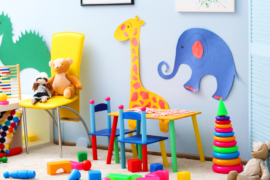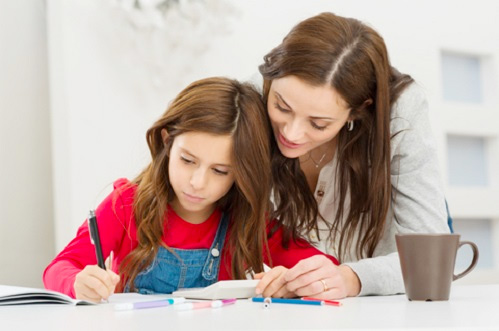Parent-child relationships are fundamental to a child’s development, and nurturing these bonds can significantly impact their well-being and future success. Building a strong connection with your child requires time, effort, and understanding. Here are some effective strategies to help you strengthen your relationship with your child, fostering a loving and supportive environment.
Building Strong Parent-Child Relationships
1. Communicate Openly and Effectively

Communication is the cornerstone of any strong relationship. Ensure you create an environment where your child feels comfortable expressing their thoughts and feelings. Active listening is crucial—show empathy and understanding without interrupting or judging. Encourage open dialogue about daily experiences, emotions, and any issues they may face.
2. Spend Quality Time Together

Quality time does not always mean quantity time. Focus on being fully present during the moments you share with your child. Engage in activities that interest them, whether it is playing games, reading, or simply talking. These shared experiences create lasting memories and build a sense of trust and security.
3. Show Affection and Appreciation

Regularly express your love and appreciation for your child. Physical affection, like hugs and kisses, as well as verbal affirmations, reinforce your bond. Celebrate their achievements, no matter how small, and acknowledge their efforts. Positive reinforcement builds self-esteem and encourages positive behaviour.
4. Set Boundaries and Be Consistent

Children need clear and consistent boundaries to feel safe and understand expectations. Establish rules that align with your values and consistently enforce them. Be fair and reasonable, and explain the reasons behind the rules to help your child understand their importance. Consistency in discipline helps children learn self-control and responsibility.
5. Be a Role Model

Children learn by observing their parents. Demonstrate the behaviours and values you want your child to adopt. Show respect, kindness, and empathy in your interactions with others. Your actions will teach your child how to handle various situations and relationships effectively.
6. Encourage Independence and Responsibility

Foster your child’s independence by giving them age-appropriate responsibilities. Encourage them to make decisions and solve problems on their own. This builds their confidence and decision-making skills. Support their interests and passions, and allow them the freedom to explore and learn.
7. Support Their Emotional Development

Help your child understand and manage their emotions. Teach them to identify their feelings and express them in healthy ways. Provide comfort and guidance during difficult times. Emotional intelligence is key to building strong relationships and achieving success in life.
8. Create a Positive Home Environment

A positive home environment is essential for a child’s development. Create a space where your child feels safe, loved, and valued. Maintain a balance between structure and flexibility. Encourage a positive attitude and outlook on life.
9. Be Involved in Their Education

Take an active interest in your child’s education. Attend parent-teacher meetings, help with homework, and encourage a love for learning. Show that you value their education and are committed to their academic success.
10. Practice Patience and Understanding

Parenting can be challenging, and it is important to remain patient and understanding. Recognize that your child is learning and growing, and mistakes are a part of that process. Approach challenges with a calm and supportive attitude, and avoid harsh criticism.
Conclusion
Building a strong parent-child relationship is an ongoing process that requires dedication and effort. Communicating openly, spending quality time, and showing affection can create a loving and supportive environment for your child. Set clear boundaries, be a positive role model, and support their emotional and intellectual growth. Remember, your investment in your relationship with your child will pay off in their happiness, confidence, and success.







